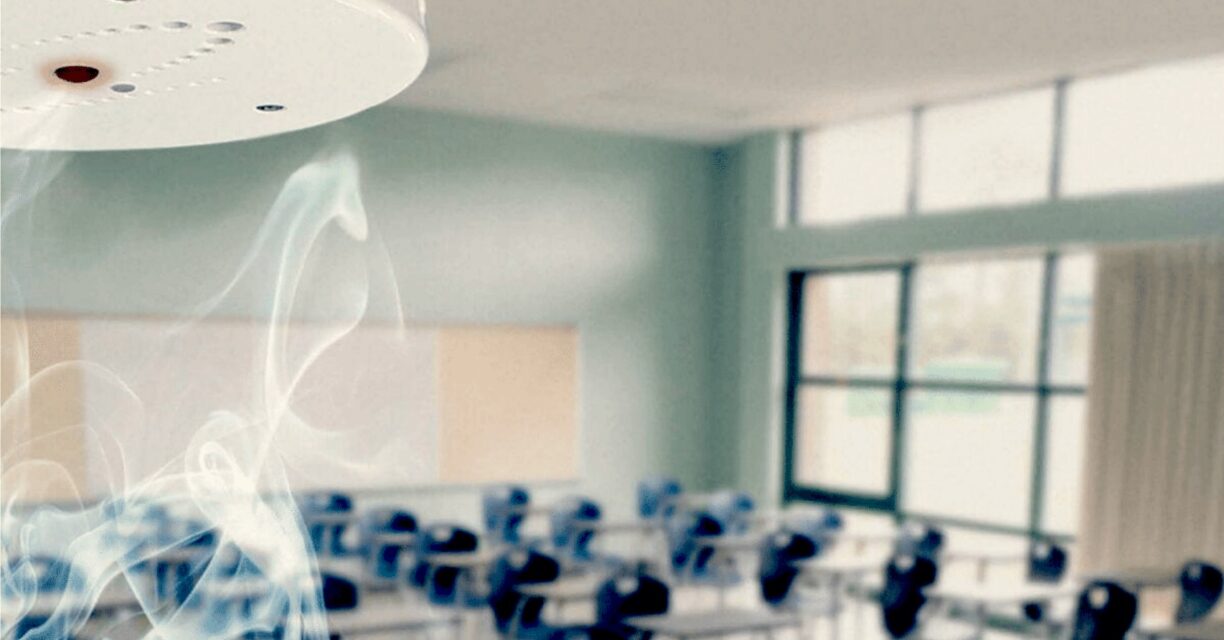Addiction recovery does not conclude with the treatment. It is a lifelong process of maintaining sobriety and managing the urge to use the substance (alcohol, drugs, or other things).
Every year, thousands of people complete their addiction treatment but end up relapsing due to a number of reasons.
This is why it is important to know how one can prevent relapses once they complete their treatment.
While you can find several comprehensive treatment options in Los Angeles, you must work with your healthcare provider to create an aftercare plan for long-term sobriety.
These professionals can help you learn several coping strategies and relapse prevention skills that will help you lead a healthy and fulfilling life. Let’s take a look at some of those essential skills.
Self-Care
While recovering from addiction, individuals typically experience fatigue and insomnia. Experts suggest that these are common potential triggers for relapse.
You can defend yourself against these potential triggers by focusing on self-care. For example, you can improve your quality of sleep by implementing physical exercise and a balanced diet.
As you follow a structured schedule for sleep, exercise, and eating, you can train your body to sleep better and reduce the risk of relapse.
Identify Your Triggers
Knowing your triggers and using measures to avoid them can help you maintain your sobriety for a longer period of time. Triggers can be both internal and external.
While common internal triggers include anxiety, stress, irritability, anger, and low self-esteem, external triggers may include certain people, places, or things that remind you of their past use.
You can work with your healthcare provider to make a list of internal and external triggers to gain awareness of these triggers and minimize the risk of relapse.
Practice Mindfulness Meditation

Mindfulness meditation is one of the most effective ways to become more self-aware. When you are more aware of yourself, you are more likely to cope with potential triggers.
With mindfulness meditation, individuals are encouraged to learn to better manage their “cravings” instead of fighting them.
The core concept of mindfulness is paying attention to what you are currently doing, where you are, who you are with, and more. This technique helps you bring more awareness and offers you more insight and empowerment over cravings.
Join a Support Group
Participating in a support group can be extremely beneficial in preventing relapse. It offers support, accountability, and education about how to manage your symptoms better and prevent relapse.
You also get to meet peers who understand what you are going through. With peer support, you can effectively reduce the risk of relapse as it decreases feelings of loneliness and the risk of isolation—both of which are common potential triggers for relapse.
Learn Deep Breathing Patterns
You will be surprised to know how changing your breathing patterns can have a massive impact on your life. Breathing has a major impact on your emotions and helps regulate your overall mood.
This is the reason why deep breathing is essential for one’s mental health. Deep breathing releases neurotransmitters in your brain, many of which trigger happy chemicals, resulting in feelings of happiness, relaxation, and pain reduction.
Deep breathing, along with the increased oxygen flow, encourages your body to exhale toxins.
Practice Grounding Techniques
Stress and anxiety can be the biggest obstacles in your path to recovery. If you are susceptible to such issues, you should try a grounding technique called the 5-4-3-2-1 coping technique.
It takes you through the five senses to focus on the moment. It also empowers you to avoid negative thoughts of using substances like alcohol or other drugs, negative self-talk, anxiety, and any other unhealthy thoughts or feelings that may lead you to relapse.
Take a few deep breaths and follow these five steps:
- Acknowledge five things you see near you
- Acknowledge four things you can touch near your
- Acknowledge three things you can hear near you
- Acknowledge two things that you can smell near you
- Acknowledge one thing you can taste near you
Focusing on your senses helps you gain self-awareness and enhances your mindfulness. This allows you to overcome unhealthy thoughts or feelings, have more control over your behaviour, and reduce the risk of relapse.
Conclusion
Recovering from an addiction problem and maintaining sobriety can be challenging for anyone. However, with the right set of relapse prevention techniques and support, you can navigate through this phase successfully.
Work closely with your healthcare provider to track your progress and get the necessary advice and assistance on your recovery journey.





